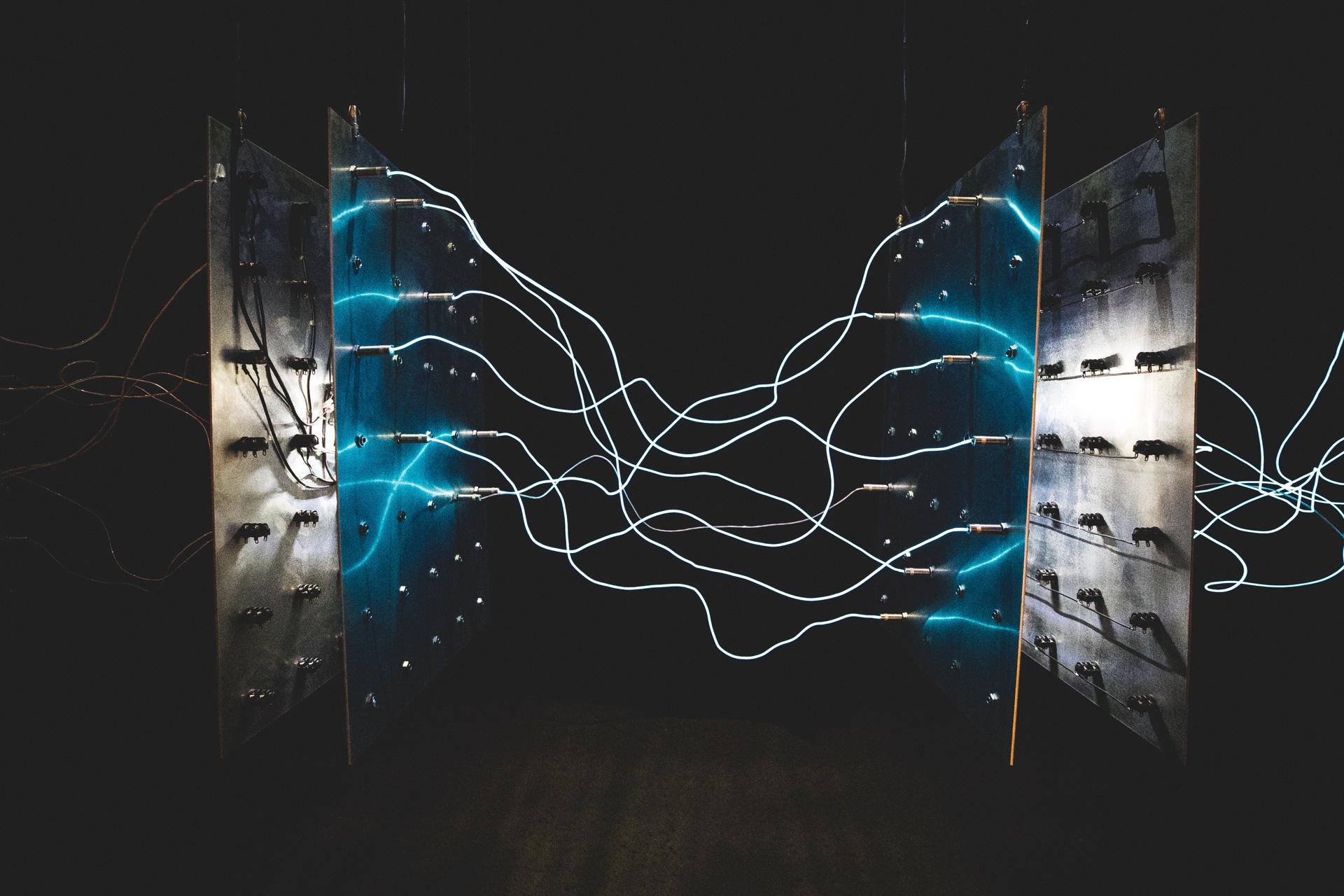Stay Shock-Free with These A Decade of Crucial Electric Safety Tips for Homeowners

If you are a home owner, ensuring the security of your family members and the property is your primary priority. The most vital safety aspects of your home is the electrical system. Electric injuries and accidents can be fatal, making it essential to take measures to prevent these from happening. This article provides ten essential electrical safety tips to help you safeguard your home and loved ones.
Tip 1: Inspect Your electrical cords regularly
Damaged or frayed electrical cords could pose a risk, causing electrocution and fires. Check your electrical cords regularly to ensure they are in good working order. If you find any damages, replace them immediately. It is also crucial to make sure that the cords aren’t placed in high traffic areas where they can be tripped on or chewed by pets.
TIP 2: Keep Electrical Devices Away from Water
Electricity and water are an extremely dangerous mix. Be sure to keep electrical devices out of water sources like sinks, bathtubs, and even pools. If you must make use of electrical devices close to water, be sure they’re designed specifically for such use and follow the safety guidelines of the manufacturer.
Tip 3: Be careful not to overload Outlets
Overloading outlets by plugging too many devices into them can result in overheating and fires. Make use of extension cords or power strips with multiple outlets instead of overloading one outlet. Be sure that the cords or power strips you are using are rated for the amount of electrical power they’ll be carrying.
Tip 4: Have a fire Extinguisher at hand
In the event of an electrical fire, using a fire extinguisher in reach can assist in putting out the flame quickly and stop further damage from occurring. It is crucial to have the right kind of fire extinguisher to the electrical system in your home. Find an extinguisher certified as a Class C fires, which can be caused by electrical devices.
Tip 5: Make use of Surge Protectors
Power surges caused by lightning strikes, power outages, or damaged wiring could cause damage to appliances and electronics. Surge protectors safeguard your devices by diverting excessive voltage to the ground. Make sure you choose surge protectors designed for the specific voltage of the device.
Tip 6: Hire an experienced Electrician to do Repairs
DIY electrical repairs can be dangerous and can cause serious injuries and damage to your home. Employing a licensed and insured electrician to repair electrical issues is essential for your security and peace of mind. At South Auckland Electricians, we have experts in the field of electrical engineering that can take care of every electrical need.
Tip 7: Install GFCIs in Your Home
Ground fault circuit interrupters (GFCIs) can safeguard you from electric shocks and electrocution by detect ground faults, and then cutting off electrical power. Place GFCIs on areas that have water, such as the kitchen, bathroom, and outdoor areas.
Tip 8: Do not attempt Do-it-yourself electrical work
DIY electrical work can be riskyand one small error could cause serious damage to your house and possibly your life. You should leave electrical work to experts to ensure it is carried out safely and properly.
Tip 9 Tip 9: Teach Your Children About Safety of Electrical Safety
Ensuring your children are aware of the safety of electrical equipment is an important aspect of making sure they are safe. Inform them about the dangers when playing with electrical devices and cords and the importance of not touching electrical outlets. Educate them on what to do in case of an electrical emergency, such as a power outage or fire.
Tip 10: Stay Informed about Electrical Safety
Staying up-to-date on electrical safety is essential to ensure that you are aware of potential dangers and how to prevent them from happening. Follow South Auckland Electricians on social media and read our blog to be informed on the most recent information on electrical safety and the latest trends. You can also talk to our expert electricians for any queries or questions you may have.
Conclusion
In conclusion, electrical safety is essential to keeping your home and your loved ones protected. By following these ten essential electrical safety guidelines, you can prevent electrical accidents and injuries and protect your home. We at South Auckland Electricians, we are dedicated to providing top-quality electrical services that will ensure your home’s electrical system is safe and secure. Contact us now for all your electrical needs.
FAQ
Do you think it is safe to connect multiple outlets into one outlet?
No, this is not secure and could cause an electrical explosion. Instead, use a surge protector that has several outlets.
Can I use a hair dryer near the bathtub?
Never use any electronic devices close to water, particularly in the bathroom.
When is the best time to replace the electrical cables in my home?
If you notice cracks or damaged cords, it’s time to replace them.
Do I have to install GFCIs throughout my entire house?
It is recommended that you install GFCIs in areas where water is present in bathrooms, kitchens as well as outdoor areas.
What is the best time to have my home’s electrical system inspected?
It is recommended to undergo an electrical inspection every 10 years, or sooner if you notice any issues. Make contact with South Auckland Electricians to schedule an inspection.
